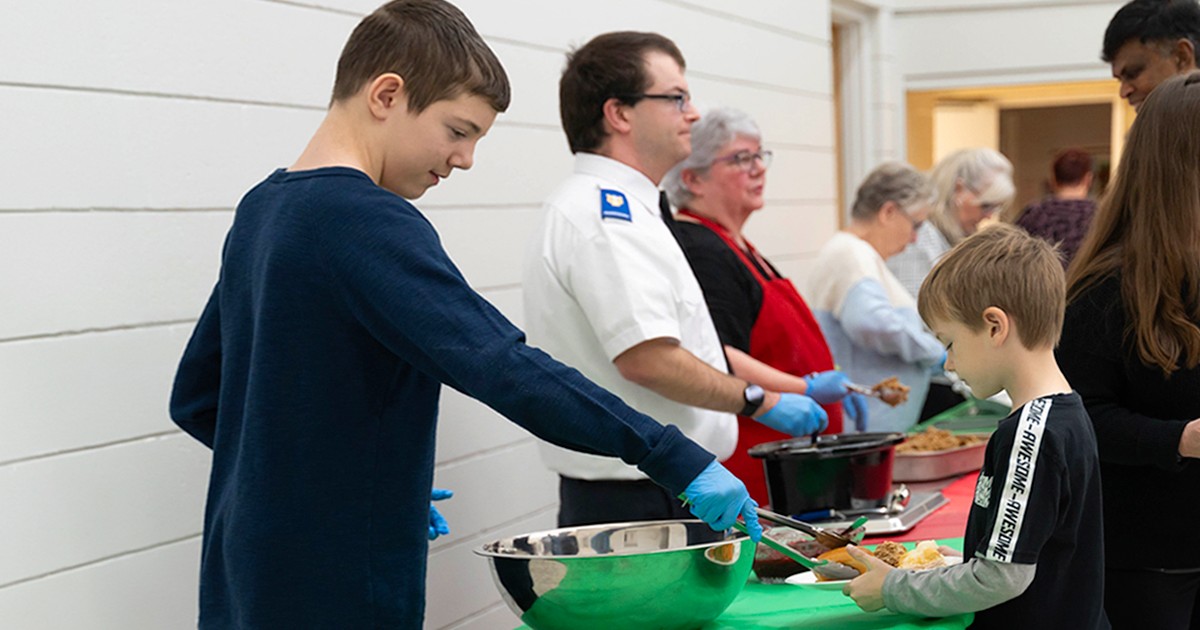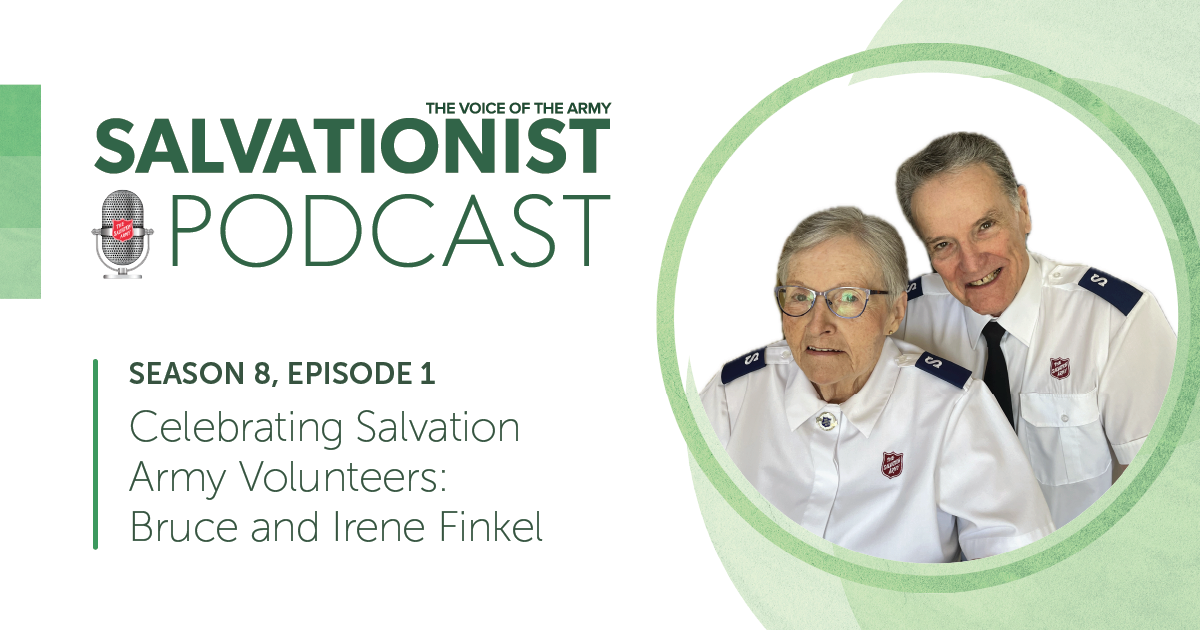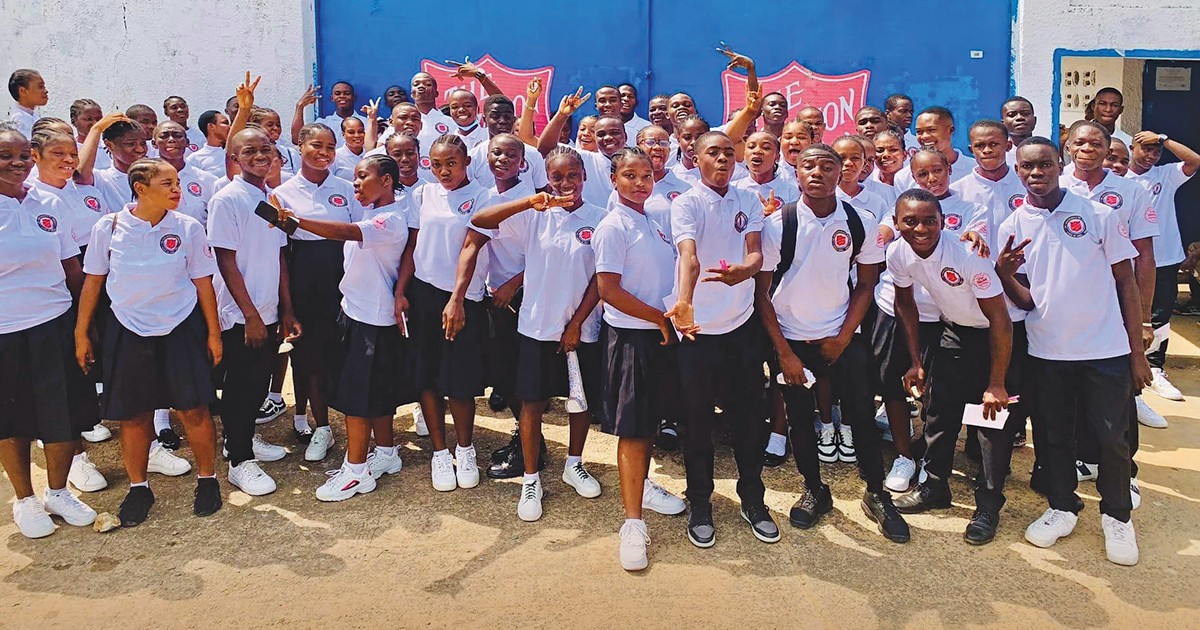The greatest joy in being a disciple of Jesus Christ is the intimate relationship one experiences with the Lord. Becoming one of Christ's own gives us the right to call God Abba (see Romans 8:15)—which means “Daddy”—to call Christ “brother” (see Hebrews 2:11) and to have the Holy Spirit live within us, directing us in all we do. We are told to “approach God's throne of grace with confidence” (Hebrews 4:16). Though we serve a holy God, the sacrifice of Christ has demolished all barriers between him and us.
It occurred to me one day that though I enjoy my private time with God, sometimes it feels like I'm living my entire Christian experience alone. Attending church on Sundays and participating in corps and divisional activities just doesn't seem to equal deep fellowship. It doesn't feel like we are sharing life and growing together.
Even mission is becoming personalized. I share my faith with my neighbours, I try to make an impact in my community. I'm out to win my world. Where are my mission partners? Is it my fault, their fault or the corps officers' fault that we aren't working as a unit? The Bible refers to the Christian life as a race. We've taken that idea in the wrong direction if we run in separate lanes—on the same path and aware of one another's presence, but striving toward the goal as individuals, not teammates.
We want to be good and faithful Christians. We want to live right and do good things. But maybe we are so concerned about getting it right that we forget that this is a group effort. We are meant to grow together. We are to be “admonishing and teaching everyone with all wisdom, so that we may present everyone fully mature in Christ” (Colossians 1:28). Imagine how that would look. All of us working together to make sure that each person attains spiritual maturity. To quote part of a line from the movie, Lilo and Stitch: “Family means no one gets left behind.” Is your corps a family?
As Dr. Roger Green, a professor, author and Salvationist, notes, “Christianity is never a private religion. 'Me and Jesus' is a road to disaster. The nurturing of the Christian is done within the community of believers.”
We understand our salvation to be a covenant between our individual selves and God. This is biblical, but neglects the entire picture of salvation as taught in the Bible. Salvation is group-oriented. It was offered to the Israelite nation as a group. Now we are saved to become part of the group, the body of Christ.
Jesus said, “By this everyone will know that you are my disciples, if you love one another” (John 13:35). Isn't it interesting that Jesus didn't say we'd be identified with him if we love the lost? He said “if you love one another”—that is, fellow Christians. It is possible to be so concerned with outreach that we forget about this. We assume our brothers and sisters in Christ are OK. We don't have time for them and their needs because the world needs us.
I wonder if we are demonstrating love when we keep each other at arm's length. How close do you feel to someone if you've never seen the inside of their home? How engaged are we when we don't know each other's hopes, goals and concerns? How do we progress spiritually if we never allow a brother or sister to point out where we err?
I love my time alone with the Lord and I need it. But I also need time in life-giving, spirit-forming fellowship, and so do you. This involves being vulnerable to others and being willing to let others be vulnerable to us. That's not always easy. But it's not negotiable if we want to be part of the body of Christ.
Major Amy Reardon serves at U.S.A. National Headquarters as editor of the Young Salvationist magazine and assistant national editor-in-chief.
It occurred to me one day that though I enjoy my private time with God, sometimes it feels like I'm living my entire Christian experience alone. Attending church on Sundays and participating in corps and divisional activities just doesn't seem to equal deep fellowship. It doesn't feel like we are sharing life and growing together.
Even mission is becoming personalized. I share my faith with my neighbours, I try to make an impact in my community. I'm out to win my world. Where are my mission partners? Is it my fault, their fault or the corps officers' fault that we aren't working as a unit? The Bible refers to the Christian life as a race. We've taken that idea in the wrong direction if we run in separate lanes—on the same path and aware of one another's presence, but striving toward the goal as individuals, not teammates.
We want to be good and faithful Christians. We want to live right and do good things. But maybe we are so concerned about getting it right that we forget that this is a group effort. We are meant to grow together. We are to be “admonishing and teaching everyone with all wisdom, so that we may present everyone fully mature in Christ” (Colossians 1:28). Imagine how that would look. All of us working together to make sure that each person attains spiritual maturity. To quote part of a line from the movie, Lilo and Stitch: “Family means no one gets left behind.” Is your corps a family?
As Dr. Roger Green, a professor, author and Salvationist, notes, “Christianity is never a private religion. 'Me and Jesus' is a road to disaster. The nurturing of the Christian is done within the community of believers.”
We understand our salvation to be a covenant between our individual selves and God. This is biblical, but neglects the entire picture of salvation as taught in the Bible. Salvation is group-oriented. It was offered to the Israelite nation as a group. Now we are saved to become part of the group, the body of Christ.
Jesus said, “By this everyone will know that you are my disciples, if you love one another” (John 13:35). Isn't it interesting that Jesus didn't say we'd be identified with him if we love the lost? He said “if you love one another”—that is, fellow Christians. It is possible to be so concerned with outreach that we forget about this. We assume our brothers and sisters in Christ are OK. We don't have time for them and their needs because the world needs us.
I wonder if we are demonstrating love when we keep each other at arm's length. How close do you feel to someone if you've never seen the inside of their home? How engaged are we when we don't know each other's hopes, goals and concerns? How do we progress spiritually if we never allow a brother or sister to point out where we err?
I love my time alone with the Lord and I need it. But I also need time in life-giving, spirit-forming fellowship, and so do you. This involves being vulnerable to others and being willing to let others be vulnerable to us. That's not always easy. But it's not negotiable if we want to be part of the body of Christ.
Major Amy Reardon serves at U.S.A. National Headquarters as editor of the Young Salvationist magazine and assistant national editor-in-chief.










Leave a Comment